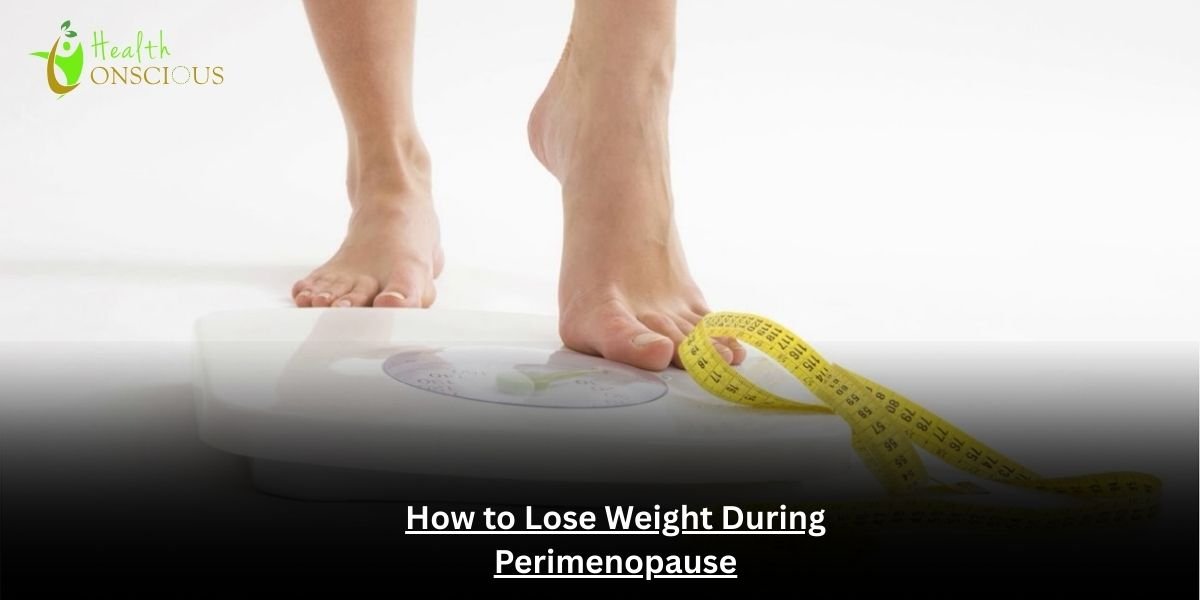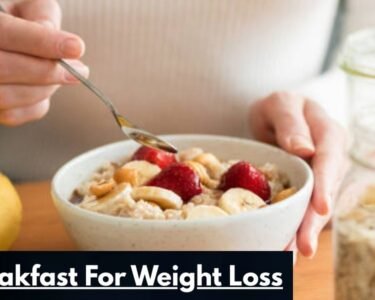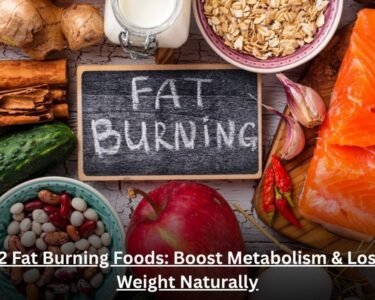Understanding Perimenopause and Weight Gain
Perimenopause is a natural transition that occurs in the years leading up to menopause, typically in your 40s or even earlier. Many women notice unexpected weight gain, particularly around the midsection, during this time. This isn’t just about lifestyle choices; hormonal changes play a significant role. As estrogen levels decline, metabolism slows, fat storage increases, and insulin sensitivity shifts—making weight loss more challenging than before.
Beyond hormones, factors like stress, poor sleep, and muscle loss contribute to weight gain. Understanding these changes can help you develop an effective strategy to maintain a healthy weight and feel your best.
What Is Perimenopause?
Perimenopause is the natural transition phase leading up to menopause, typically starting in your 40s (though it can begin earlier for some). During this time, your body gradually produces less estrogen, leading to irregular periods, mood changes, and other symptoms. It’s like your body’s way of saying, “Hey, we’re shifting gears here!”
This phase can last anywhere from a few years to a decade, and it’s often marked by unpredictable hormonal fluctuations. These changes can impact everything from your energy levels to your metabolism, making perimenopause weight gain a common concern. But understanding what’s happening in your body is the first step toward managing it effectively.
The Role of Hormones in Perimenopause Weight Gain
Hormones are important chemicals in our bodies that can act as both helpers and, sometimes, troublemakers. During perimenopause, declining estrogen levels play a starring role in weight gain, particularly around the belly. Estrogen helps regulate metabolism and fat storage, so when it dips, your body may start holding onto fat more stubbornly.
Adding to the mix, cortisol (the stress hormone) can spike during this phase, especially if you’re juggling work, family, and life’s other demands. High cortisol levels can lead to increased appetite and cravings for sugary, fatty foods—hello, midnight snack attacks!
Progesterone, another hormone that declines during perimenopause, can also contribute to bloating and water retention. Together, these hormonal shifts create the perfect storm for perimenopause weight gain. But don’t despair—understanding these changes empowers you to take control.
Can You Lose Weight During Perimenopause?
Absolutely! While losing weight during perimenopause might require a bit more effort than it did in your 30s, it’s entirely possible. The key is to adapt your approach to your body’s changing needs.
For starters, crash diets won’t cut it. They can backfire by slowing your metabolism further. Instead, focus on sustainable changes like a perimenopause weight loss plan that includes nutrient-dense foods, regular exercise, and stress management.
It’s also important to set realistic expectations. Weight loss might be slower, but that’s okay. The goal is to feel healthier, stronger, and more energized—not just to hit a number on the scale.
The Best Diet for Perimenopause Weight Loss
If you’re wondering how to lose weight during perimenopause, your diet is one of the most powerful tools at your disposal. The right perimenopause diet plan can help balance hormones, boost metabolism, and make weight loss feel more achievable, even when your body seems to be working against you.
But let’s be real: this isn’t about quick fixes or fad diets. It’s about creating a sustainable, nourishing way of eating that supports your body during this transitional phase. Here’s everything you need to know to build the best diet for perimenopause and start seeing results.
Nutrients That Matter
- Protein: Helps maintain muscle mass and supports metabolism. Add lean meats, fish, eggs, tofu, and legumes to your meals for a protein-rich diet.
- Fiber: Aids digestion, keeps you full longer, and regulates blood sugar. Found in whole grains, vegetables, fruits, and beans.
- Healthy Fats: Essential for hormone production and reducing inflammation. Avocados, nuts, seeds, and fatty fish are great choices.
- Calcium & Vitamin D: Crucial for bone health as estrogen declines. Dairy, leafy greens, and fortified foods help meet your needs.
- Phytoestrogens: Naturally help balance hormones. Found in soy, flaxseeds, and sesame seeds.
Foods to Avoid:
- Sugary snacks and drinks: These can spike blood sugar levels, leading to energy crashes and increased cravings.
- Refined carbs: White bread, pasta, and pastries are low in nutrients and can contribute to weight gain.
- Processed foods: Packaged snacks and meals are often high in sodium, unhealthy fats, and additives that can worsen bloating and inflammation.
- Excess caffeine and alcohol: Both can disrupt sleep and increase stress levels, making weight loss more difficult.
Creating a Perimenopause Weight Loss Meal Plan
When it comes to how to lose weight during perimenopause, having a structured meal plan can be a game-changer. A well-designed perimenopause diet plan takes the guesswork out of eating, ensures you’re getting the right nutrients, and helps you stay on track even on busy days.
The key is to focus on balance—incorporating plenty of protein, fiber, healthy fats, and phytoestrogens while minimizing processed foods, sugars, and refined carbs. Here’s how to create a meal plan that works for you, along with a sample 7-day meal plan to get you started.
How to Build Your Meal Plan
- Start with Protein: Include a source of lean protein in every meal to support muscle mass and keep you full.
- Load Up on Veggies: Aim for at least two servings of vegetables per meal. They’re low in calories but high in fiber and nutrients.
- Incorporate Healthy Fats: Add a small portion of healthy fats (like avocado, nuts, or olive oil) to each meal to support hormone health.
- Choose Complex Carbs: Opt for whole grains, legumes, and starchy vegetables instead of refined carbs.
- Plan for Snacks: Keep healthy snacks on hand to avoid reaching for sugary or processed options.
Effective Exercises to Lose Weight During Perimenopause
Exercise is essential—not just for weight loss but for maintaining muscle mass, supporting bone health, and reducing stress. A combination of strength training, cardio, and flexibility exercises works best.
Strength Training: Your Metabolism Booster
As muscle mass naturally declines with age, strength training is crucial. Lifting weights or using resistance bands helps preserve muscle, increase calorie burn, and improve bone density. Aim for full-body workouts twice a week with exercises like squats, lunges, and push-ups.
Cardio: Finding the Right Balance
While high-intensity interval training (HIIT) can be effective, overdoing cardio can lead to muscle loss and increased stress hormones. A mix of brisk walking, swimming, or cycling with occasional HIIT sessions provides the best results.
Yoga & Pilates: Stress Reduction and Core Strength
These low-impact workouts help lower cortisol levels (the stress hormone linked to weight gain), improve flexibility, and strengthen your core—important as posture and balance change with age.
Managing Stress and Sleep for Weight Loss
Perimenopause can disrupt sleep and increase stress, making weight loss harder. Elevated cortisol levels lead to cravings for high-calorie foods and encourage fat storage. Here’s how to manage it:
- Practice Mindfulness: Activities like meditation, deep breathing, and journaling can help reduce stress and improve emotional well-being.
- Prioritize Sleep: Aim for 7-9 hours, limit screen time before bed, and establish a relaxing nighttime routine.
- Stay Active: Exercise is a natural stress reliever, so move a daily priority.
Gut Health and Its Role in Perimenopause Weight Loss
Gut health is often overlooked but plays a crucial role in perimenopause weight loss. A healthy gut supports digestion, nutrient absorption, and even hormone regulation, all of which are essential for maintaining a healthy weight during this phase.
Incorporate probiotic-rich foods like yogurt, kefir, sauerkraut, and kimchi into your diet to promote a balanced gut microbiome. Fiber is also key—it feeds the good bacteria in your gut and helps keep your digestive system running smoothly.
By prioritizing gut health, you can improve your overall well-being and make weight loss during perimenopause more achievable.
Helpful Supplements for Perimenopause Weight Loss
During perimenopause, your body may need extra support to manage weight and hormonal changes. A balanced diet is crucial, but adding specific supplements can offer extra support for your health and well-being.
- Omega-3 Fatty Acids: Help lower inflammation and promote heart health.
- Magnesium: Helps with bloating, sleep, and muscle function.
- Black Cohosh & Maca Root: May aid hormone balance naturally.
Important Note: Always consult your healthcare provider before starting any supplements or herbs to ensure they’re safe and effective for you.
Tips to Maintain Long-Term Results
- Eat mindfully, savoring each bite and stopping when you’re full.
- Incorporate movement into your daily routine, like walking or yoga.
- Focus on whole, nutrient-dense foods and avoid processed snacks.
- Keep a journal to track your progress and reflect on how far you’ve come.
- Prioritize sleep and stress management to support your weight loss efforts.
When to Seek Professional Guidance
If you’re struggling to lose weight despite your best efforts, it may be time to seek professional help. A healthcare provider can identify underlying issues like thyroid problems, while a dietitian can create a personalized perimenopause diet plan. Don’t hesitate to ask for support—it can make all the difference.
Summing Up
Losing weight during perimenopause is challenging but achievable with the right approach. Focus on a balanced diet, regular exercise, and stress management to support your body during this phase. Supplements and professional guidance can provide extra help while staying motivated and setting realistic goals will keep you on track.
Remember, it’s not just about the scale—it’s about feeling strong, healthy, and confident as you navigate this new chapter of life.



